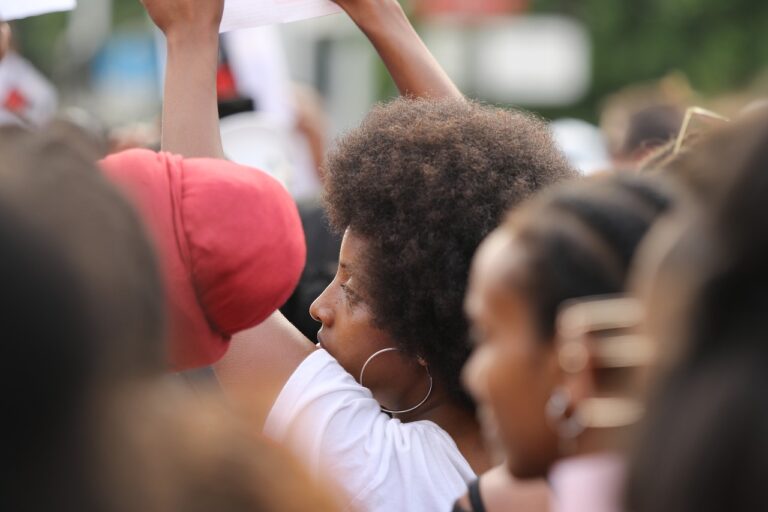To the Youth… We are Power!
Youth Day is a holiday dedicated to the youths of many countries, and in South Africa, Youth Day commemorates the Soweto Uprising, which took place on 16 June 1976, where thousands of students were ambushed by the apartheid regime. On this day, South Africans pay tribute to the lives of these students and recognises the role of the youth in the liberation of South Africa from the apartheid regime.
“While the uprising began in Soweto, it spread across the country and carried on until the following year.”
The Soweto Uprising was a series of demonstrations and protests led by black schoolchildren in South Africa that began on the morning of 16 June 1976. When the languages, Afrikaans and English were made compulsory as a medium of instruction in schools in 1974, black students began mobilising themselves. On 16 June 1976, approximately 10 000 students mobilised by the South African Students Movement’s Action Committee supported by the Black Conscious Movement marched peacefully to demonstrate and protest against the government’s directive.
On their way to Orlando Stadium, where the march was meant to conclude, they were met by heavily armed police who fired teargas and later live ammunition on demonstrating students. This resulted in a widespread revolt that turned into an uprising against the government. While the uprising began in Soweto, it spread across the country and carried on until the following year.
“… I realise the very subtle and indirect ways they undermined people of colour, stripping the African child of his/her identity.”
As a young African woman who grew up more privileged than the average South African child, having the opportunity to attend private schools and historically white universities – and spaces that were generally established to serve and benefit a particular group of people – looking back at my time in these environments, I realise the very subtle and indirect ways they undermined people of colour, stripping the African child of his/her identity. We were softly coerced into conforming to their ways of life, underpinned in the policies they had established about our appearance and the customs of how we should conduct ourselves.
Unfortunately, I became a victim of this mentality, constantly feeling the need to live up to these standards. Not to mention, threats of expulsion kept us from contesting these unethical practices. It is only when I got to tertiary that I understood the true meaning of being proud of your identity, especially as a young person as these are the most crucial years of life, and really shape you into the person you will become.
“… It demonstrates the unity in the youth and the principality of ubuntu”
Having watched the #FeesMustFall movement from its inception in 2015 to being directly involved in the same protests in 2018, the events of the Soweto Uprising do not only provoke feelings of intense anger toward the system but makes me think of how far we have come as the South African Youth. Although #FeesMustFall did not serve the same purpose as the Soweto Uprising, both phenomena aimed at deconstructing the institutional racism evident in our schooling system. Moreover, it demonstrates the unity in the youth and the principality of ubuntu.
Youth is the backbone of any nation and plays an important role in the development of society. It is also responsible for bringing social reform within a country. The youth of a country determine the future of a nation. In the words of Kailash Satyarthi, “the power of the youth is the common wealth for the entire world. The faces of young people are the faces of our past, our present, and our future. No segment in the society can match with the power, idealism, enthusiasm, and courage of the young people.”
“It is our duty to ensure that every young person has an opportunity to live out their dreams…”
So, it is our duty as a society to ensure we breed a population of dignified, loving, ambitious, and powerful young boys and girls, who are not only compassionate about themselves and the role they play in the world, but also about those around them. It is our duty to ensure that every young person has an opportunity to live out their dreams and leave their mark on the world, whether it be big or small.
To the youth out there, I reiterate these words from the legendary Thandiswa Mazwai: “Little ghetto child, ungazibulali sana… if you take my hand, I’ll show you how to dream.”
Pati Kwakwa is a Bachelor of Arts undergraduate and Business Management postgraduate who currently serves as the Research and Content Development Assistant Freelancer at Matoyana.






